Demystifying Accountability: More Than Just Responsibility!
Hey friends, I want to talk about two words that get tossed around quite a bit, responsibility and accountability.
They’re often used interchangeably… but they’re not the same thing.
Responsibility is about having a duty to complete a task, it can be delegated or assigned. Accountability is taking ownership of the outcome, regardless of what went right, wrong, or sideways. You can be responsible for doing something, but until you actually own the results, you’re not accountable. And that distinction is huge in leadership!
Have you ever experienced someone dropping the ball? Maybe you thought it was intentional, but let's take a moment to rethink. Here’s the thing: a lack of accountability is rarely intentional. More often than not, it’s the result of something under the surface, such as confusion or miscommunication.
That’s why one of our biggest leadership responsibilities is creating clarity.
People cannot change if they are not aware of the change needed! And they can’t meet expectations they’ve never actually been given!
So, Why Does Accountability Sometimes Fall Apart?
Before we point fingers, let's start with some honest self-reflection. Ask yourself: "Could I be part of this problem?" (Cue Taylor Swift’s voice, “It’s me, hi, I’m the problem, it’s me.”)
Remember, breakdowns are rarely intentional. Most team members genuinely want to perform well. Here’s what often goes wrong:
- Expectations weren't clear enough.
- The team member lacked necessary tools or support.
- Feedback loops were either inconsistent or entirely missing.
Effective accountability is more than correcting mistakes. It's about consistently reinforcing expectations and results. If you're not regularly observing your team's performance, you're essentially trying to manage with a blindfold on.
Feedback is Great, But the Committment Piece is Essential!
Have you ever given feedback that was met with a polite nod, but nothing changed afterward? Frustrating, right?
Feedback alone isn't magical. Without trust, clarity, and follow-up, your best efforts could be just another forgotten conversation. That's where the Commitment Process comes in.
Here's how it works:
- Be specific: Use I statements with details. Instead of vague phrases, say something concrete like, "I need you to send me the report by tomorrow. Can you commit to that?" Instead of “You should ask for help when you need it”, say, “I need you to ask me for help when you don’t understand.”
- Ask commitment questions: Go deeper with questions like:
- "What did you learn from our conversation?"
- "What will you do differently, and when?"
- "Why is this important to you and the team?"
- "Can you commit to this action?"
- Schedule follow-up: Make it clear that you care about progress. End your feedback with, "Let's reconnect next Tuesday. I'll watch this in action, and we’ll chat about how it’s going."
Use this formula consistently, and you'll start seeing real, measurable accountability from your team. Remember, accountability isn’t about pointing out flaws, it’s about building a culture of trust, clarity, and consistent results. You've got this!
Ready to elevate your team's accountability even further? Visit our
website to explore our leadership services or submit a
contact form to chat about how we can support your organization's success!










